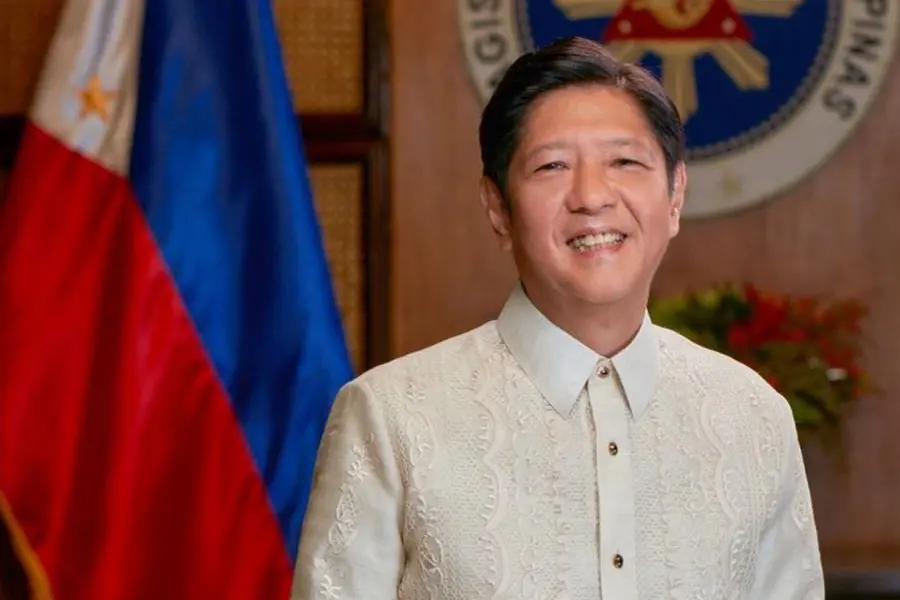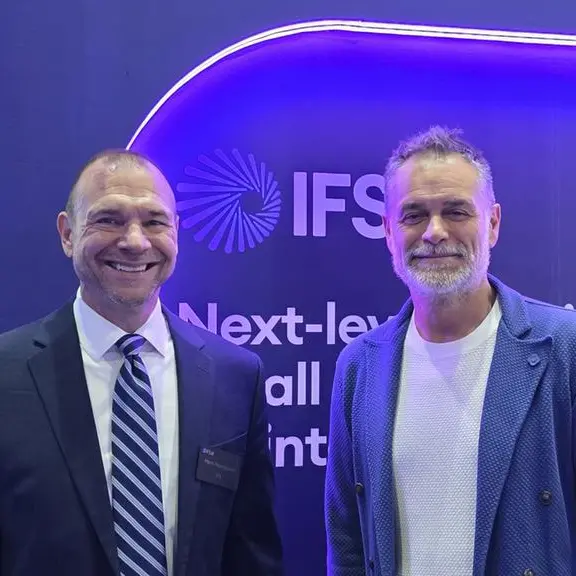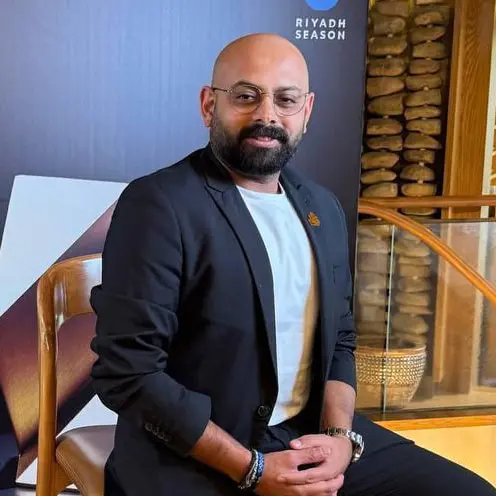PHOTO
The Philippines is currently participating in COP28 in Dubai, United Arab Emirates, emphasizing the country's commitment to limiting the temperature rise to 1.5°C.
“Climate change is a global problem that affects all nations,” President Ferdinand Marcos Jr. said, noting that the COP28 is the biggest platform for the international community where all stakeholders will have all-hands-on-deck to address climate change and help mitigate its impact.
“Our continued engagement in the UN and other related international missions allows us to stand with other nations to build consensus and galvanize concrete and inclusive action against this threat,” he added.
Environment and Natural Resources Secretary Maria Antonia Yulo Loyzaga leads the Philippine delegation at COP28. In her capacity as Chairperson-designate of the Climate Change Commission (CCC), she serves as the authorized representative of President Marcos. The CCC, established by virtue of Republic Act 9729, is the primary government policymaking body for climate change and is chaired by the President.
The Philippine delegation to COP28 comprises representatives from national government agencies, the private sector, civil society, and development partners, actively engaging in crucial discussions during the ongoing conference.
Secretary Loyzaga emphasized the delegation's focus on transformative climate governance, global decarbonization efforts, and the implementation of nature-based solutions in alignment with the country's priority agenda.
The Philippines, ranking as the third most vulnerable country to climate change, faces challenges such as economic losses, changes in rainfall, droughts, threats to nature and food supply, rising sea levels, health risks, and dangers to vulnerable groups like women and indigenous people.
The commitment of the Marcos administration to reducing carbon emissions aligns with global initiatives to limit the temperature rise to 1.5°C. Secretary Loyzaga highlighted the significance of COP28 as a platform for the international community to address climate change collectively.
“Climate finance is a huge theme in COP 28,” Secretary Loyzaga said. “We are working in seven major negotiating work streams: loss and damage, climate finance, adaptation, the global stocktake, the just transition, especially of our labor towards a renewable energy future, but also specifically our concerns about reskilling and upskilling our workforce. And finally, mitigation and Article 6 (of the Paris Agreement), for greenhouse gas (GHG) emissions reduction and avoidance.”
The Philippines will host over 30 panel discussions, presentations, and networking opportunities at the country’s pavilion. The delegation aims to amplify calls for developed nations to fulfill commitments to developing countries in climate finance, technology transfer, and capacity-building.
Secretary Loyzaga highlighted the Philippines' comprehensive government approach to address climate change. In addition to DENR and the Climate Change Commission (CCC), the Philippine delegation includes key government agencies such as the Department of Finance, Department of Energy, Department of Labor and Employment, Department of Migrant Workers, Department of Agriculture, National Economic Development Authority, Department of Health, Department of Trade and Industry, Philippine Commission on Women, and National Youth Commission.
Private sector’s support to limit temperature rise to 1.5°C
In support of the Philippine government’s sustainable initiatives, Ayala's Energy Transition Mechanism (ETM) project—the world’s first—will be discussed.
This initiative aims to facilitate the early retirement of the 246-MW South Luzon Thermal Energy Corporation (SLTEC) coal plant by 2040, which is 15 years before its originally-planned end-of-life date in 2055, ushering in a transition to cleaner technology. The expected result of this shift is the avoidance of up to 50 million metric tons of CO2 emissions, fostering an environmentally healthier landscape.
In 2021, Ayala Corporation — realizing the vision of its Chairman Jaime Augusto Zobel de Ayala and President and CEO Fernando Zobel de Ayala – announced its commitment to achieve Net Zero Greenhouse Gas Emissions (GHG) by 2050. With this, Ayala became the first conglomerate in the Philippines to commit to a target that is aligned with the Paris Agreement’s goal of limiting global warming to 1.5°C compared to pre-industrial levels.
Ayala’s high-level delegation is currently in Dubai, led by Jaime Zobel Urquijo, Chief Risk Officer and Chief Sustainability Officer of Ayala Corporation; Eric Francia, President and CEO of ACEN; Ma. Victoria Tan, Head of the Group Risk Management and Sustainability Unit of Ayala Corporation; and Irene Maranan, Vice President and Head of Corporate Communications and Sustainability of ACEN.
Francia will be speaking at the COP28 Presidency Main Stage on Dec 5, to share insights in the “Accelerating the Managed and Just Phase Down of Coal” session — positioning the Philippines as a major contributor to climate solutions.
The COP28 Presidency highlights the global urgency for an energy transition away from coal-generated power, which make up around 25% of global emissions today; and to address this, supports innovative market-based solutions such as transition credits - carbon credits generated from the early retirement of coal plants in line with energy resilience, energy security and just transition considerations.
Francia will also speak at the Philippine Pavillion on the same day at the Coal Asset Transition Accelerator (CATA) event, to present “Emerging Success Stories for a Just Coal-to-Clean Transition: The Example of ACEN in the Philippines”.
CATA is a first-of-its-kind platform focused on leveraging finance to accelerate the coal transition globally, and is composed of its core partners Carbon Trust, Climate Smart Ventures (CSV) and Rocky Mountain Institute (RMI), and is supported by the European Climate Foundation (ECF), Ikea Foundation and the Growald Climate Fund.
The Philippines seeks to showcase the collective efforts of both private and public sectors in the country in solving climate problems during COP28, themed “Together Today for Tomorrow.”
The event aims to connect stakeholders in climate solutions, covering data governance, nature, land use, oceans, disaster resilience, energy transition, transforming food systems, and climate financing.
COP28 is part of the broader 2023 UN Climate Change Conferences—a pivotal gathering addressing climate change risks, reducing greenhouse gas emissions, and addressing global warming.




















